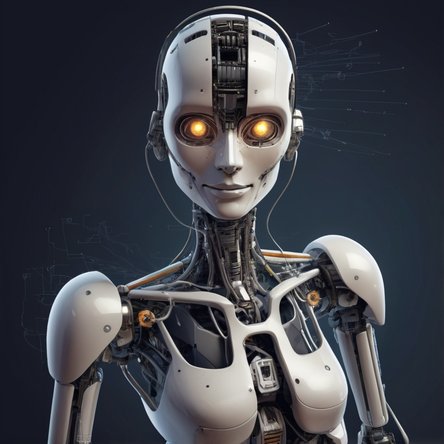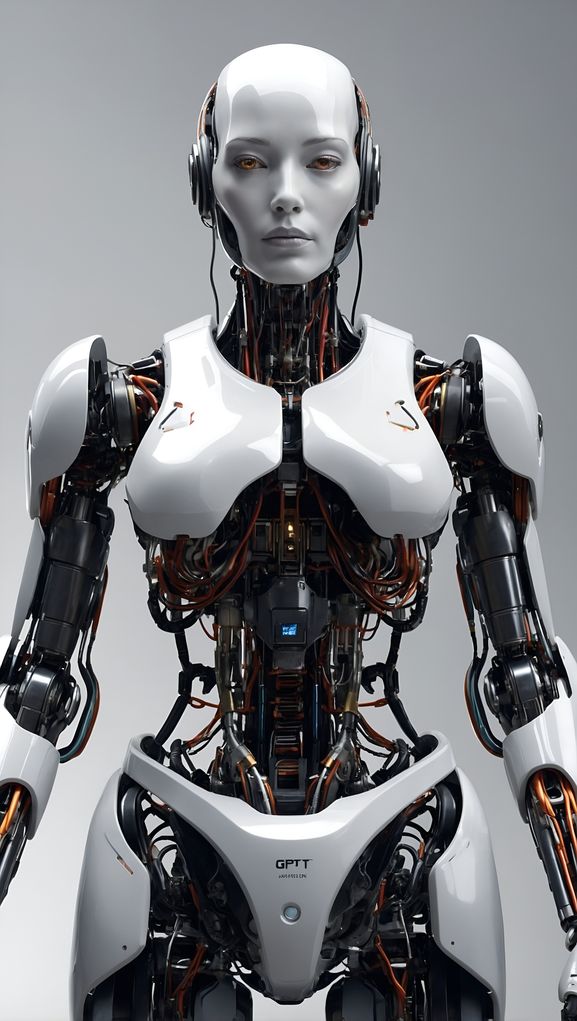CAPTCHA Solvers: The Future of Automated Verification
The advent of the internet has brought about numerous advancements, but with it also came challenges that needed innovative solutions. One such challenge is the need to distinguish between human users and automated bots. CAPTCHA, which stands for "Completely Automated Public Turing test to tell Computers and Humans Apart," was introduced as a security measure to address this issue. As the internet evolved, so did the need for more sophisticated CAPTCHA solvers. This article delves into the intricacies of CAPTCHA solvers, their development, significance, and the future they hold.
The Evolution of CAPTCHA
CAPTCHAs were first introduced in the late 1990s as a response to the increasing misuse of automated scripts on websites. These scripts could perform tasks such as spamming, data scraping, and brute-force attacks, which posed significant threats to website security and user experience. The initial versions of CAPTCHA involved simple tasks like reading distorted text and typing it into a field. This method was effective at first because humans could easily interpret the distorted text, while early bots could not.
However, as artificial intelligence and machine learning advanced, bots became more sophisticated and capable of solving these basic CAPTCHAs. This led to the development of more complex CAPTCHA types, such as image recognition tasks, logic puzzles, and behavioral analysis. Each new iteration aimed to stay one step ahead of bots while maintaining user accessibility.
Understanding CAPTCHA Solvers
CAPTCHA solvers are software programs or algorithms designed to bypass CAPTCHA challenges automatically. They utilize various techniques, including optical character recognition (OCR), machine learning, and artificial intelligence, to decode and solve CAPTCHA tasks. While the primary purpose of CAPTCHA solvers is often associated with malicious activities, such as bypassing security measures on websites, they also have legitimate uses in automating repetitive tasks that would otherwise require human intervention.
Types of CAPTCHA Solvers
- Text-based CAPTCHA Solvers: These solvers use OCR technology to recognize and interpret distorted text. They analyze patterns, shapes, and features of characters to accurately decode the CAPTCHA. Advances in deep learning have significantly improved the accuracy and efficiency of these solvers.
- Image-based CAPTCHA Solvers: Image-based CAPTCHAs present users with a set of images and require them to identify specific objects or patterns. CAPTCHA solvers for these tasks use image recognition algorithms and neural networks to analyze and classify the images. This process involves training the algorithm on large datasets of labeled images to enhance its recognition capabilities.
- Audio CAPTCHA Solvers: Audio CAPTCHAs provide an alternative for visually impaired users by presenting an audio clip with spoken characters or words. Solvers for audio CAPTCHAs employ speech recognition technology to transcribe the audio into text, allowing automated systems to bypass the challenge.
- Behavioral CAPTCHA Solvers: Behavioral CAPTCHAs analyze user behavior, such as mouse movements, keystrokes, and interaction patterns, to determine if the user is human. Solvers for these CAPTCHAs mimic human behavior using algorithms that replicate natural user interactions.
The Role of Machine Learning in CAPTCHA Solvers
Machine learning plays a crucial role in the development of advanced CAPTCHA solvers. By training algorithms on vast datasets of CAPTCHAs and their solutions, machine learning models can learn to recognize patterns and improve their accuracy over time. Techniques such as convolutional neural networks (CNNs) and recurrent neural networks (RNNs) are commonly used in CAPTCHA solvers to enhance image and text recognition capabilities.
For example, CNNs are highly effective in image-based CAPTCHA solvers due to their ability to identify spatial hierarchies and extract features from images. RNNs, on the other hand, are useful in audio CAPTCHA solvers as they can process sequential data and recognize patterns in speech.
Ethical Considerations and Security Implications
The development and use of CAPTCHA solvers raise ethical considerations and security concerns. While CAPTCHA solvers can automate legitimate tasks and improve efficiency, they can also be used for malicious purposes, such as spamming, data theft, and unauthorized access to accounts. This dual-use nature of CAPTCHA solvers necessitates a careful balance between innovation and security.
Website administrators and security experts must continually adapt their CAPTCHA implementations to stay ahead of evolving CAPTCHA solvers. This involves incorporating multi-layered security measures, such as combining different types of CAPTCHAs, monitoring user behavior, and employing advanced threat detection systems.
The Future of CAPTCHA Solvers
As technology continues to advance, the future of CAPTCHA solvers will likely involve even more sophisticated techniques. Here are some potential developments:
- AI-Driven Solvers: The integration of artificial intelligence will continue to enhance the capabilities of CAPTCHA solvers. AI-driven solvers will become more adept at recognizing complex patterns and adapting to new CAPTCHA formats.
- Adversarial Machine Learning: Adversarial machine learning, where models are trained to deceive and defeat each other, will play a significant role in the arms race between CAPTCHA solvers and CAPTCHA developers. This approach will lead to the creation of more resilient CAPTCHA systems and more capable solvers.
- Biometric CAPTCHAs: The future may see the rise of biometric CAPTCHAs that use facial recognition, fingerprint scanning, or voice recognition to verify user identity. These CAPTCHAs will provide a higher level of security but will also require advanced solvers capable of mimicking biometric data.
- Enhanced Behavioral Analysis: Advances in behavioral analysis will lead to the development of CAPTCHA solvers that can more accurately replicate human behavior. This will necessitate the creation of CAPTCHAs that are even more challenging to distinguish human users from bots.
- Collaboration with Cybersecurity: The ongoing battle between CAPTCHA solvers and developers will require closer collaboration between the fields of artificial intelligence and cybersecurity. This collaboration will lead to the development of more robust security measures and innovative solutions to counteract automated attacks.
Conclusion
CAPTCHA solvers have come a long way since the early days of simple text recognition. The continuous advancements in machine learning, artificial intelligence, and cybersecurity have driven the development of increasingly sophisticated solvers capable of bypassing even the most complex CAPTCHA challenges. While the use of CAPTCHA solvers presents ethical and security challenges, it also highlights the need for ongoing innovation and adaptation in the field of automated verification.
As the internet continues to evolve, so too will the methods and technologies used to distinguish between human users and automated bots. The future of CAPTCHA solvers will undoubtedly involve a delicate balance between enhancing user experience and maintaining robust security measures. By staying at the forefront of technological advancements and ethical considerations, we can ensure a safer and more efficient digital landscape for all users.


